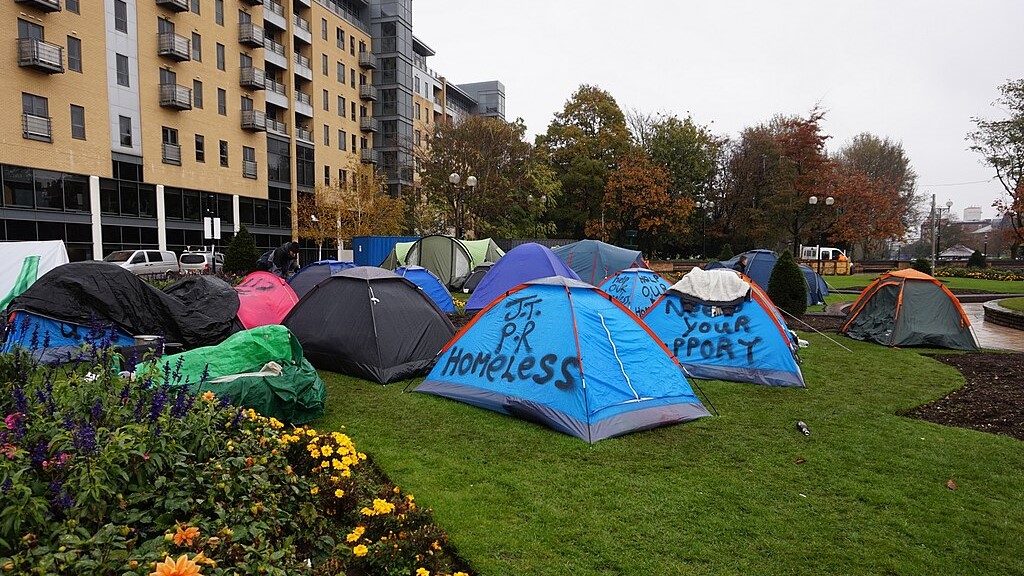Socioeconomic inequities in the United Kingdom are having an increasingly devastating effect on health, a new report from the Institute of Health Equity says. While the health gap between poorer and richer communities has been a concern for a long time, the report shows that its consequences are worse than anticipated.
Between 2011 and 2019, at least 890,000 more people died prematurely in the UK, in comparison to what would have been the case previously. During the pandemic, this translated to 11,000 more deaths than expected in the most deprived areas.
Michael Marmot, a leading figure in the research of health equity, told The Guardian that the results of the analysis should be taken as a “shocking political failure.” The failure by the government to develop policies and mechanisms centered on people’s health and well being has led to the UK becoming an example of what not to do in the field of health policy, Marmot said.
When it comes to mortality trends, the only high-income country doing worse than the UK is the United States, according to Marmot. Neighboring European countries are faring better, both when it comes to expected life expectancy trends and healthy living. Yet, Europe is also struggling with the impact of socioeconomic factors on health.
Earlier reports by the European office of the World Health Organization (WHO) have highlighted that following the COVID-19 pandemic, people with lower incomes are three times more likely to report poor health compared to their higher-income counterparts. This same population is also 70% more likely to express unmet health needs, which is expected to have lasting implications for their health.
Just like in the UK, rising prices across Europe have put people’s health in jeopardy. Faltering mechanisms of social support and a lack of quality employment contributed significantly to this issue. At the time of the publication of WHO Europe’s report, the UN agency suggested that “social protection measures should aim to manage prices and availability of essential goods such as fuel and food, and support housing and improve living conditions through rent caps and insulation and fuel efficiency for homes.”
Unfortunately, across the continent, most countries are still not implementing policies to safeguard the health and well-being of the working class. On the contrary, governments in Europe seem set upon shifting the economic crisis burden on to the people, announcing further restrictions on access to health and other social services.
Public investment in health services, including the training and working conditions of health workers, is essential. This need is not only evident from the available data but is also underscored by the firsthand experiences of health staff and patients. The UK again serves as a clear yet unfortunate illustration, with junior doctors forced to strike for pay restoration while the government continues to downplay the cost-of-living crisis.
As another round of the junior doctors’ strike concluded on January 9, the British Medical Association’s junior doctors committee indicated a readiness to ballot again for a renewal of the industrial action mandate. If successful, this ballot could extend strikes and other actions by junior doctors until September. Unless, of course, there is a change of heart from the Ministry of Health prioritizing the well-being of the National Health Service (NHS), its workers, and its patients over further budget cuts and commercialization.
People’s Health Dispatch is a fortnightly bulletin published by the People’s Health Movement and Peoples Dispatch. For more articles and to subscribe to People’s Health Dispatch, click here.





